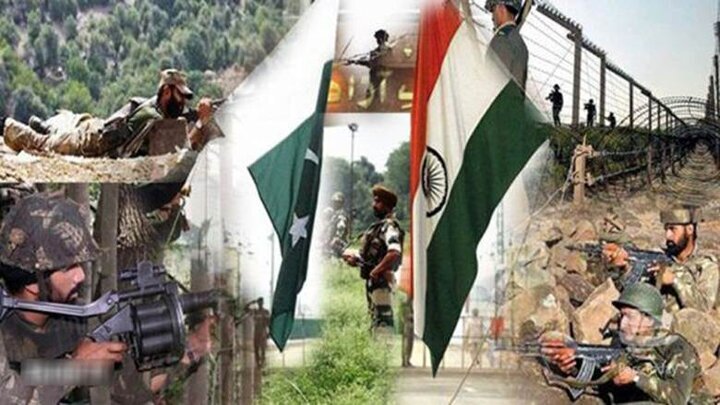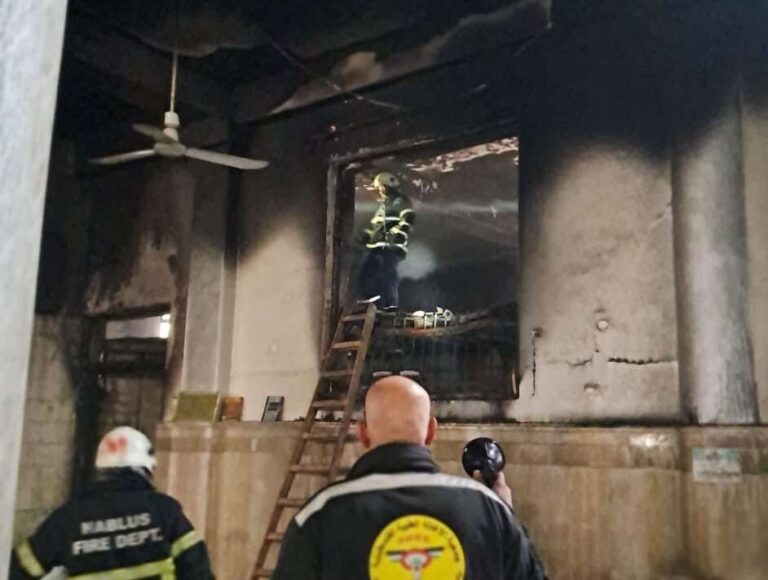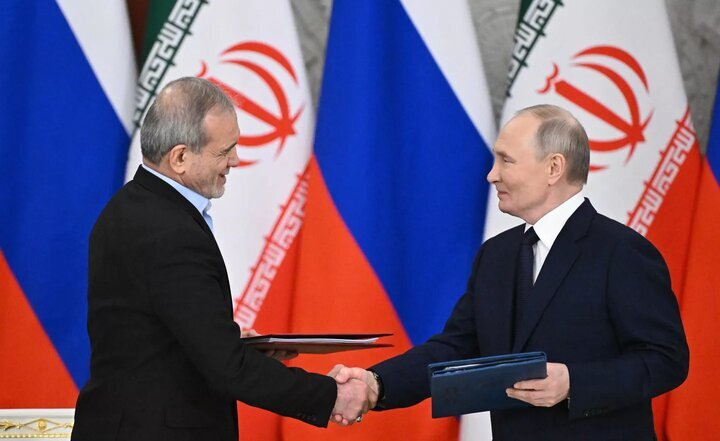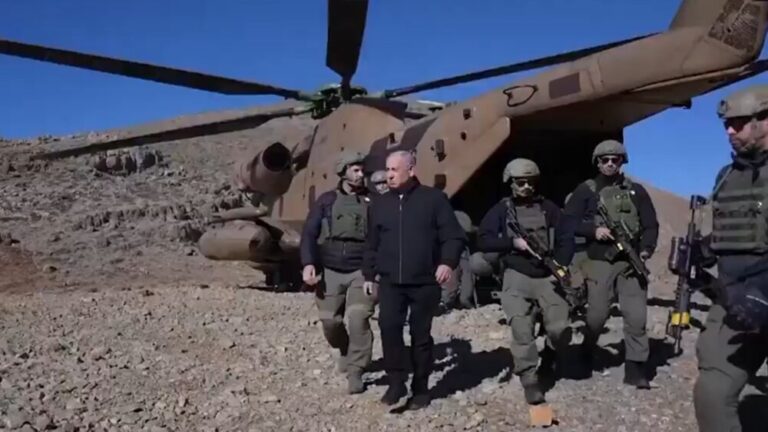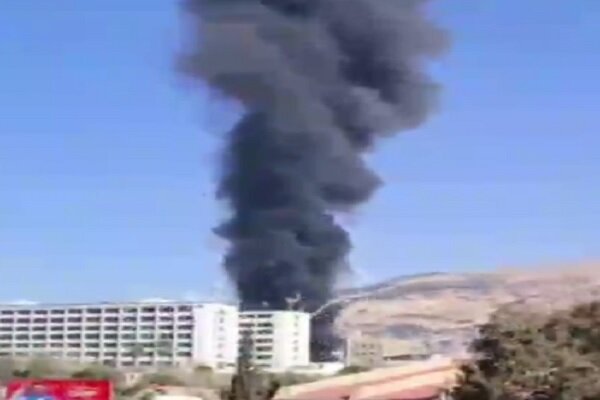India Launches Strategic Strikes on Three Key Targets in Pakistan
In a significant escalation of tensions between India and Pakistan, India has announced military strikes targeting what it describes as “terrorist infrastructure” within Pakistani territory. This development comes just two weeks following a devastating attack by armed militants that tragically claimed the lives of over two dozen civilians in Indian-administered Kashmir, as reported by the New York Times.
Residents in Muzaffarabad, the capital of the Pakistani-administered region of Kashmir, reported the sound of jets overhead during the strikes. Local sources indicated that one of the targeted sites was a rural area previously associated with Lashkar-e-Taiba, a militant organization known for its operations in Pakistan.
According to a spokesman for the Pakistani Army, additional locations were also targeted during the military action. These include:
- Bahawalpur, located in Punjab Province, which hosts a religious seminary linked to Jaish-e-Mohammad, another prominent militant group.
- Kotli, a city situated in Pakistan-administered Kashmir.
Lieutenant Ahmed Sharif Chaudhry, the director general of public relations for Pakistan’s Armed Forces, confirmed that missiles were fired at three distinct cities. He emphasized that these attacks were conducted from Indian territory without any violation of Pakistani airspace, as reported by Al Jazeera.
Chaudhry further stated that the missiles targeted civilian areas in:
- Muzaffarabad and Kotli in Pakistan-administered Kashmir
- Bahawalpur in Pakistan’s Punjab Province
In response to India’s military action, a spokesman for Pakistan’s armed forces asserted that the military would retaliate “at a time and place of its own choosing.” He firmly stated, “It will not go unanswered,” in a statement covered by the Associated Press of Pakistan.
The recent strikes come on the heels of a brutal attack on April 22, where militants opened fire on tourists in the Indian-administered region of Kashmir, resulting in 26 fatalities and injuries to more than a dozen individuals. This incident is regarded as one of the most severe assaults on Indian civilians in recent decades, leading India to quickly implicate Pakistan in the attack.
Despite the Pakistani government’s denial of involvement, India has presented limited evidence to substantiate its claims. In the aftermath of the attack, India implemented various punitive measures against Pakistan, including threats to disrupt the flow of a significant river system that supplies water to the region.
In Kashmir, Indian forces initiated a widespread crackdown, detaining hundreds as they sought to apprehend those responsible for the attack. Additionally, both India and Pakistan have engaged in sporadic exchanges of gunfire along their shared border in the days following the initial assault.
However, India’s recent military strikes signify a dangerous intensification of the ongoing conflict, raising concerns that it could lead to an all-out war that would be challenging to control. The Pakistani government had previously vowed to respond in kind to any acts of aggression from India, and both nations possess the capability to inflict significant damage on one another.
As the situation continues to unfold, it remains crucial for both governments to exercise restraint and seek peaceful resolutions to avoid further escalation. The international community is closely monitoring the developments, hoping for dialogue and de-escalation in a region long marred by conflict.
In conclusion, the dynamics between India and Pakistan are once again under severe strain, with military actions sparking fears of a broader conflict. As both nations navigate this precarious situation, the need for diplomatic efforts and peace-building measures has never been more vital.
